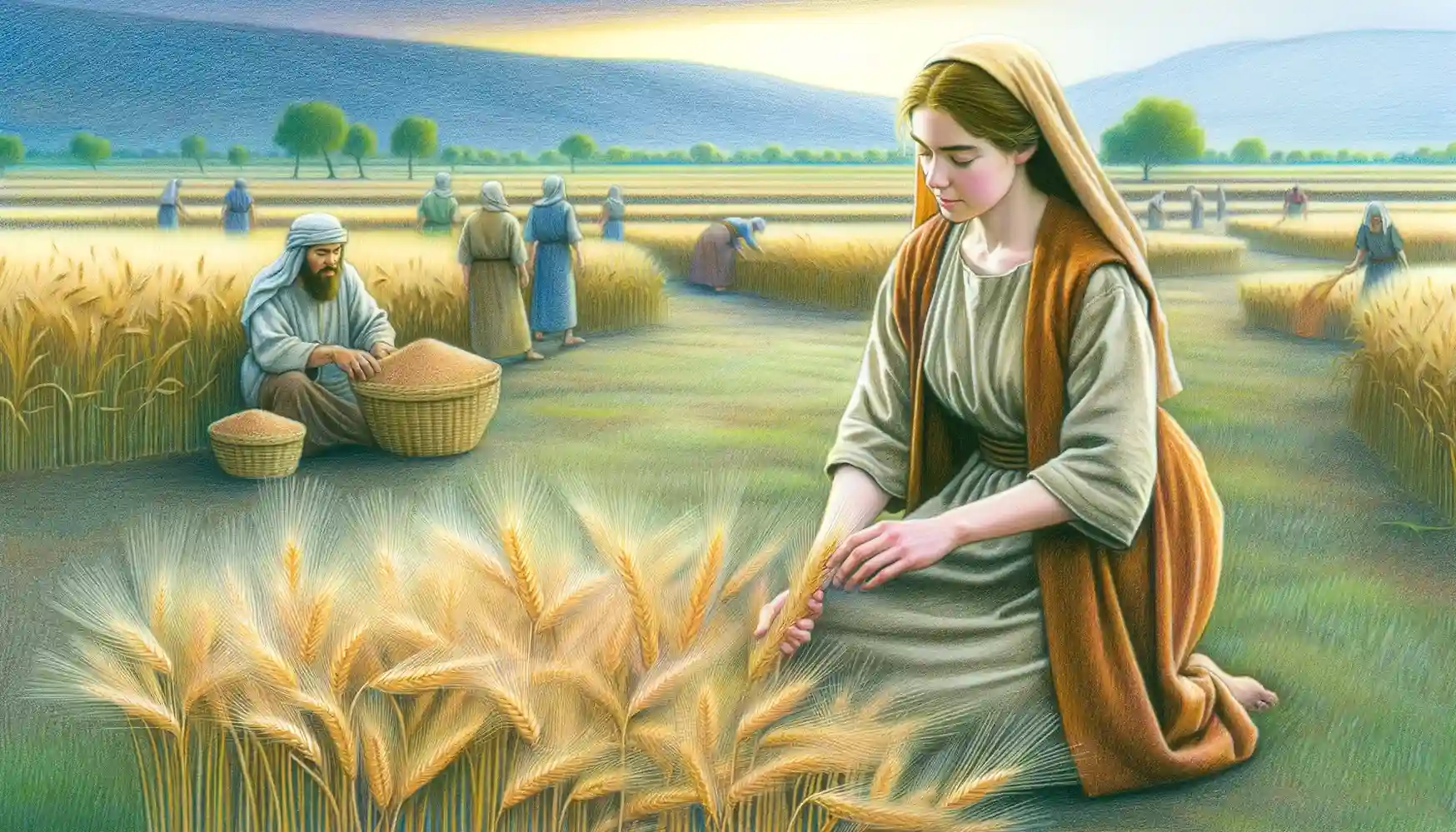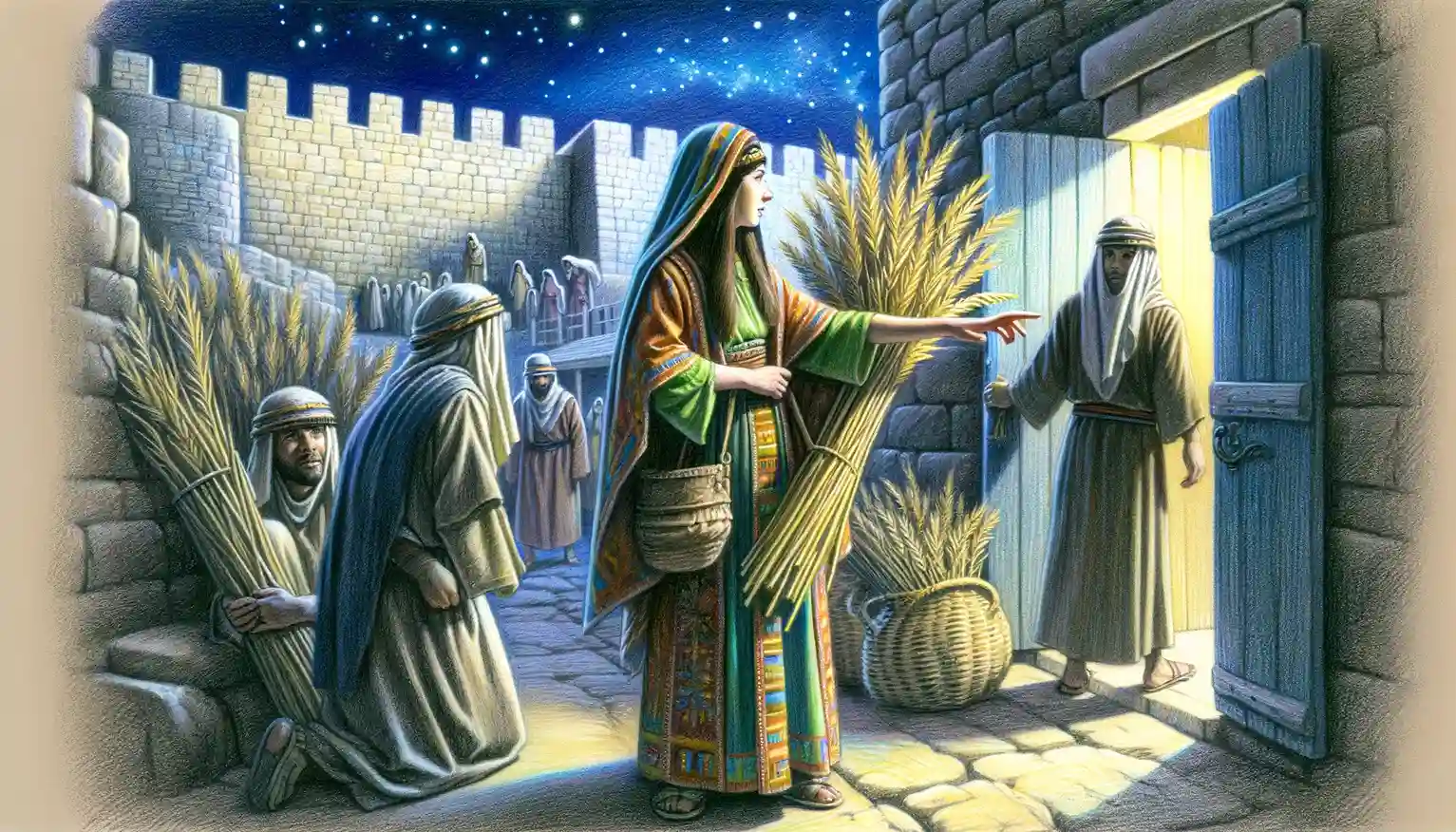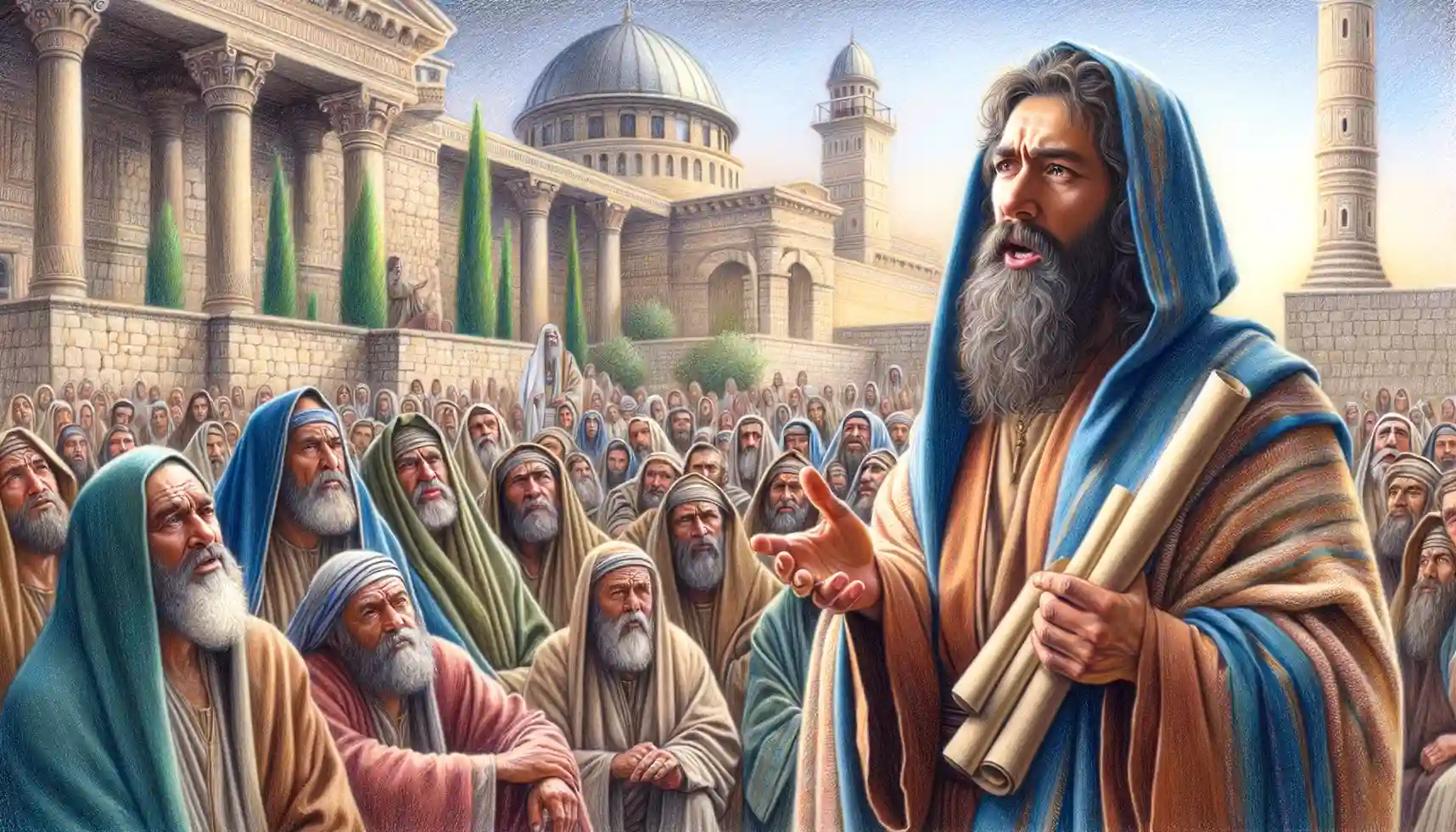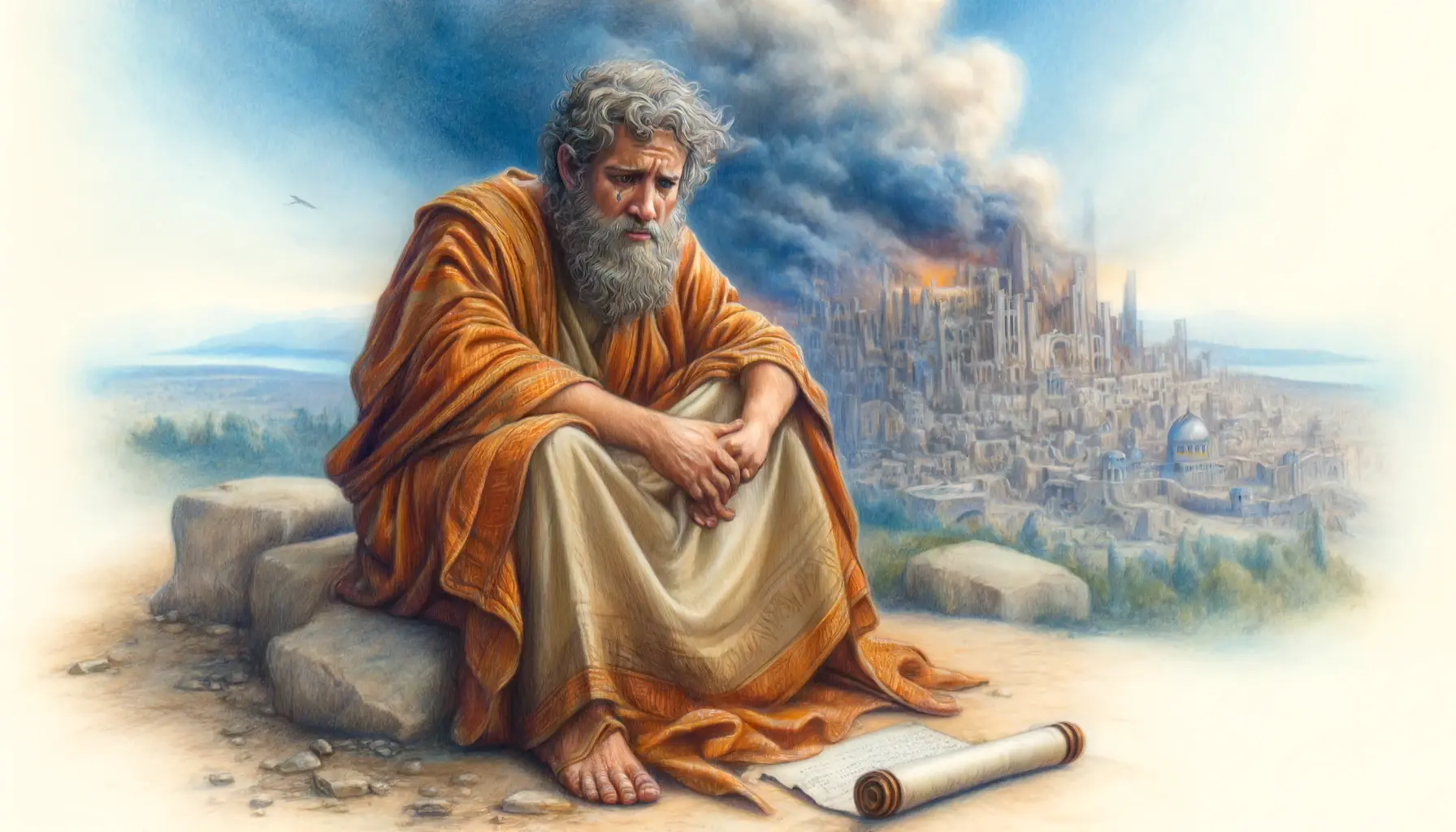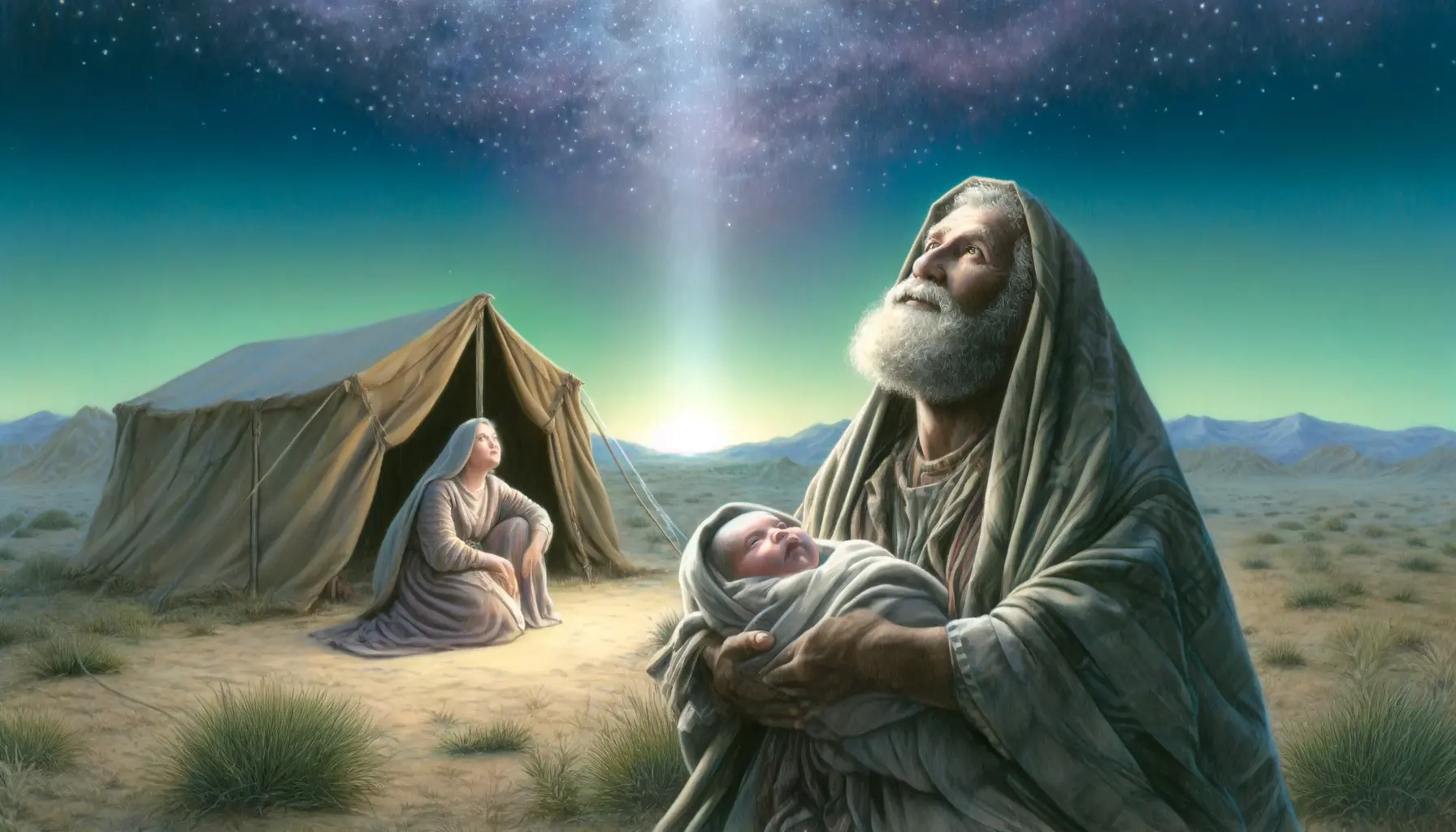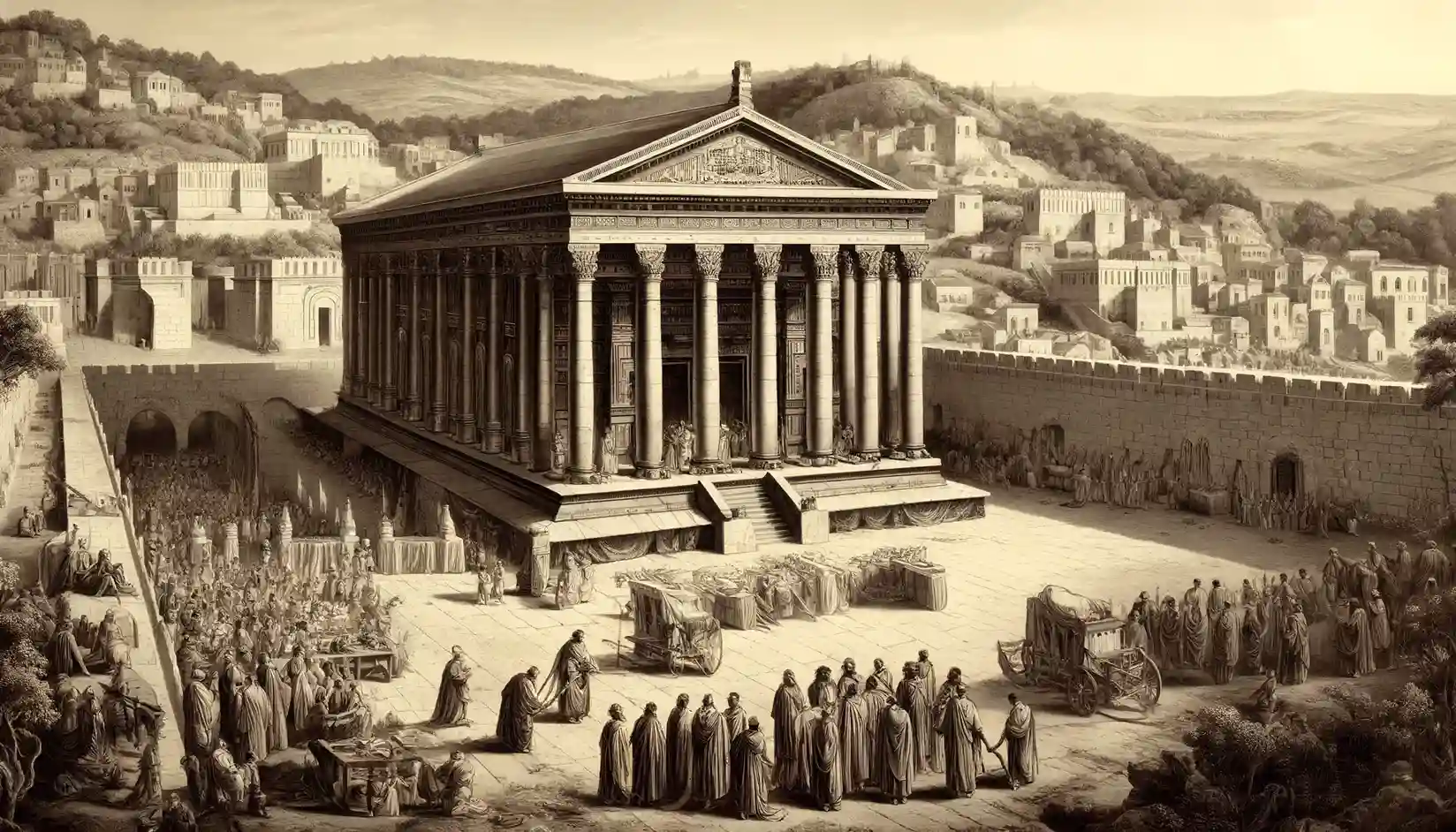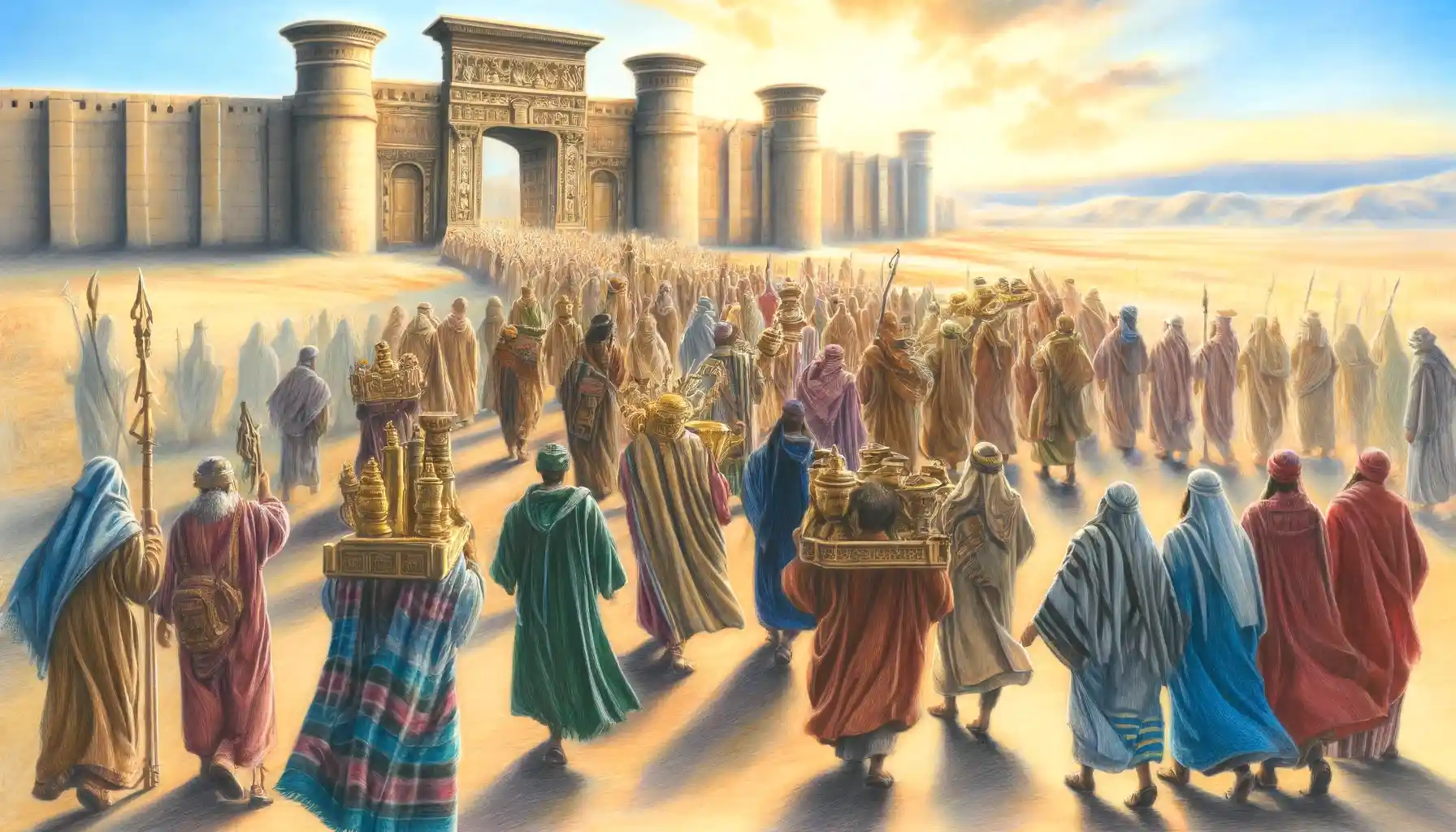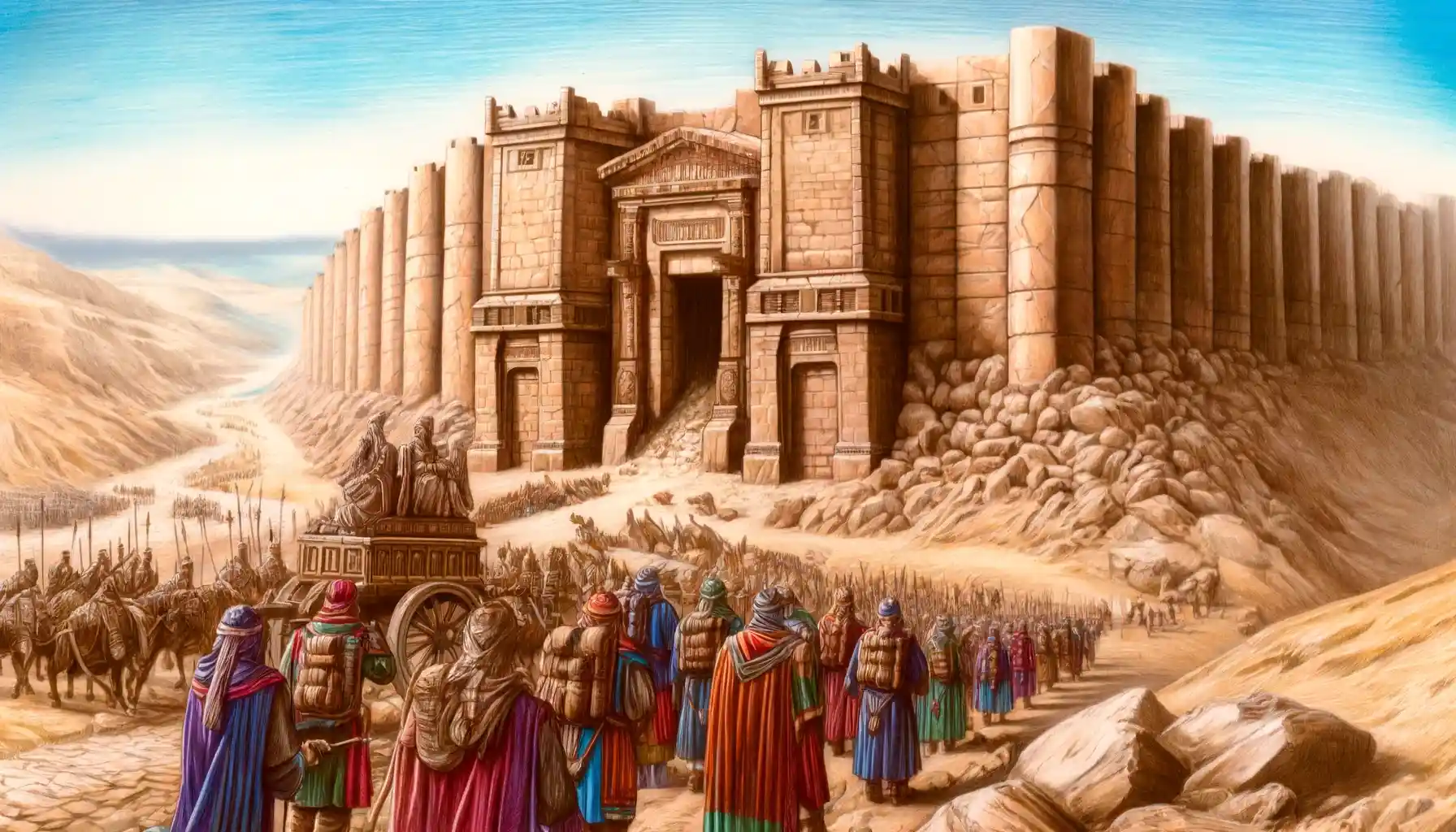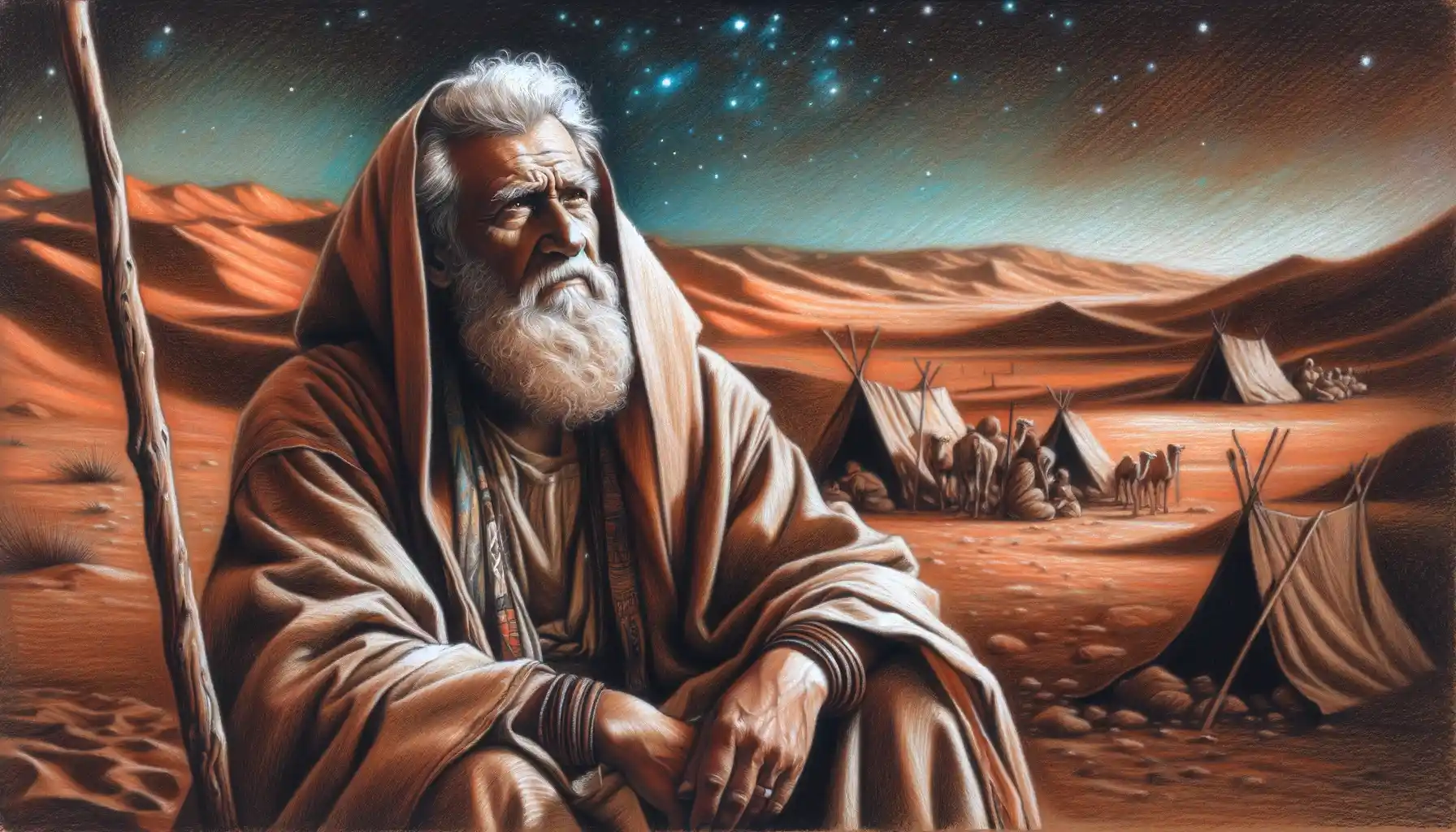Ruth, a Moabite woman known for her loyalty to her mother-in-law Naomi, married Boaz in Bethlehem and became the great-grandmother of King David, highlighting themes of devotion, redemption, and divine providence.
Rahab, a prostitute in Jericho, helped Israelite spies and expressed her faith in God, leading to her and her family’s salvation during Jericho’s conquest; she later became an ancestor of Jesus, illustrating the power of redemption and God’s inclusive grace.
Malachi, the last prophet of the Old Testament, addressed the spiritual complacency of the Israelites, critiqued the corruption of the priests, and foretold the coming of a messenger who would prepare the way for the Lord, emphasizing covenant fidelity, judgment, and future restoration.
Jeremiah, known as the “weeping prophet” and the author of Lamentations, delivered messages of judgment and hope, mourning the destruction of Jerusalem while foretelling a new covenant between God and His people.
Isaac, whose birth to the elderly Sarah and Abraham was foretold by God, represents a miraculous fulfillment of divine promise and a key figure in the continuation of the Abrahamic covenant.
The Rebuilding of the Temple, specifically the Second Temple in Jerusalem, commenced after the Jewish people’s return from the Babylonian Exile, initiated by the decree of Cyrus the Great of Persia in 538 BCE, faced numerous challenges and delays, but was ultimately completed in 516 BCE during the reign of Darius I, symbolizing a pivotal moment of religious and cultural renewal for the Jewish community.
In Ezra 1:1-11, the decree of King Cyrus of Persia marks the end of the Babylonian exile for the Jews, authorizing their return to Jerusalem to rebuild the Temple and restoring the sacred vessels taken by Nebuchadnezzar, signifying a major restoration of Jewish life and worship after decades of captivity.
The Fall of Jericho, as detailed in Joshua 6:1-27, describes how the Israelites, led by Joshua and following divine instructions, conquered the fortified city of Jericho by marching around its walls for seven days, resulting in their miraculous collapse on the seventh day, thus marking a significant and symbolic victory in the Israelites’ conquest of the Promised Land. This event highlights themes of faith, obedience to God’s commands, and the power of divine intervention, while also preserving the narrative of Rahab, who was spared for her faithfulness and assistance to the Israelites.
Esau’s life story is a complex narrative of impulse, loss, and eventual reconciliation. It highlights themes of family, conflict, and redemption, providing deep insights into the consequences of choices and the power of forgiveness.
Abraham’s life exemplifies unwavering faith and obedience to God. His story is central to understanding the roots of monotheistic belief and the covenant relationship that defines Jewish identity and spirituality.

